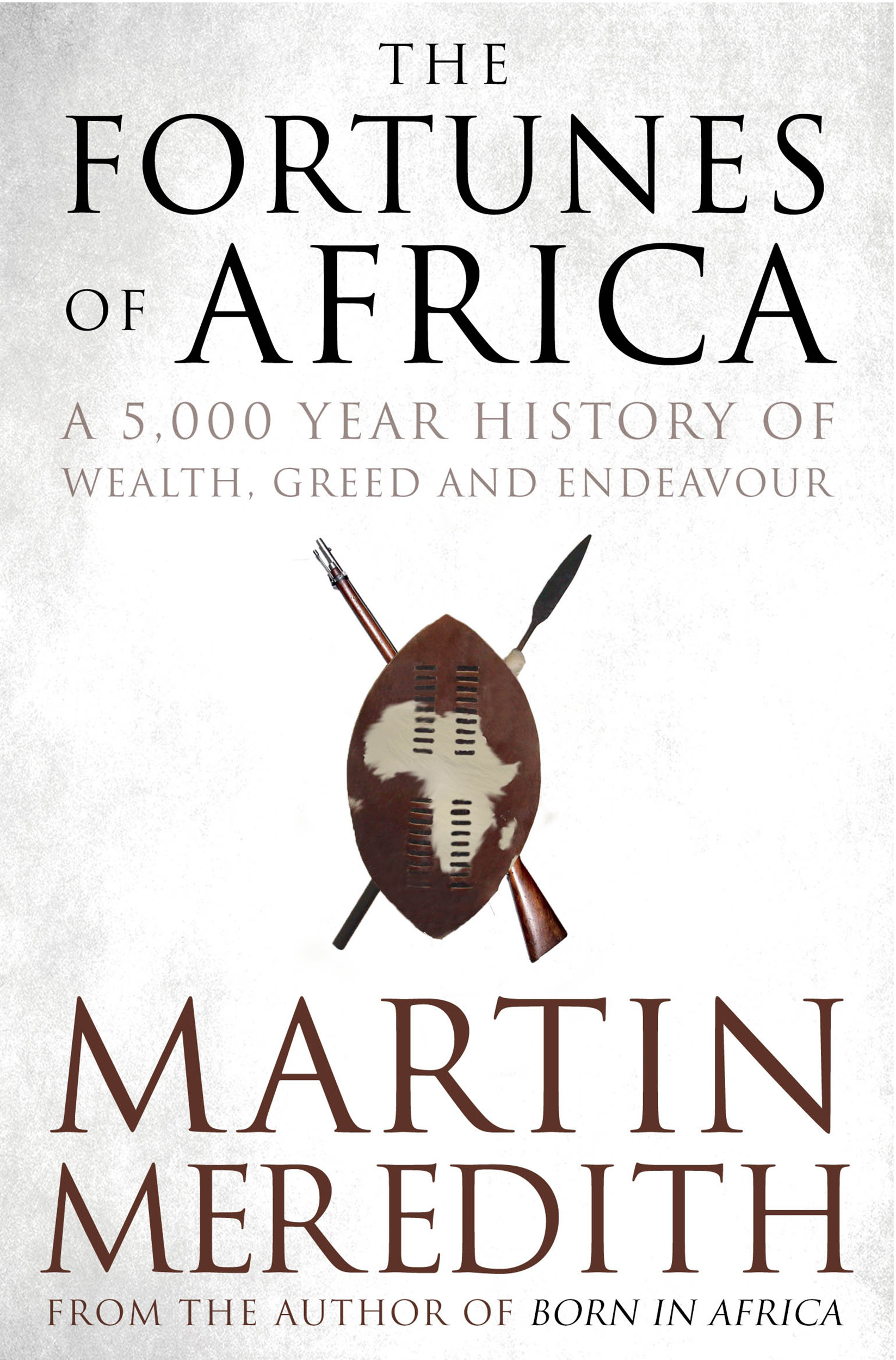The Fortunes of Africa, Martin Meredith - review
Meredith's story of the continent can be summarised by one word: exploitation. Plunder can take many forms: slavery, resource theft or cannon fodder in imperial wars. Examples dating back from the annexation of Carthage by the Roman Empire to the 60% of all Africa's capital being stored in offshore accounts illustrate the extent of its expropriation.
Meredith's chronological and mainly encyclopedic account of the continent's history exposes a defect in the way in which Africa's history is misrepresented. Africa is not and has never been the improvised place it is often portrayed to be. It is a source of opulent wealth for all but its own people.
Exploitation is rightly the dominant theme of the book, but Meredith also includes accounts of African rulers who also contribute to deprivation, such as Mansa Musa, the richest man to live. In 1324, Musa visited Cairo en-route to pilgrimage to Mecca and squandered so much gold that the world prices of gold were depressed for 12 years.
The decision to cover virtually all of African history is a two edged sword. It means that almost anyone, even specialists, will learn something due to Meredith's sheer scope. However, the quantity necessitates a breathless pace and nothing other than the basic facts are exposed. Another shortcoming is ironically the lack of African characters. In this volume, the history of Africa is mainly expressed through infamous white colonists, like Belgium’s monstrous king, Leopold, who regarded Africa as a “magnificent cake,” and the arch-imperialist, Cecil Rhodes, who 'would annex the planets' if he could.
Due to its skewed narrative and overly ambitious scope, it only gets a rating of 3/5

Comments
Post a Comment